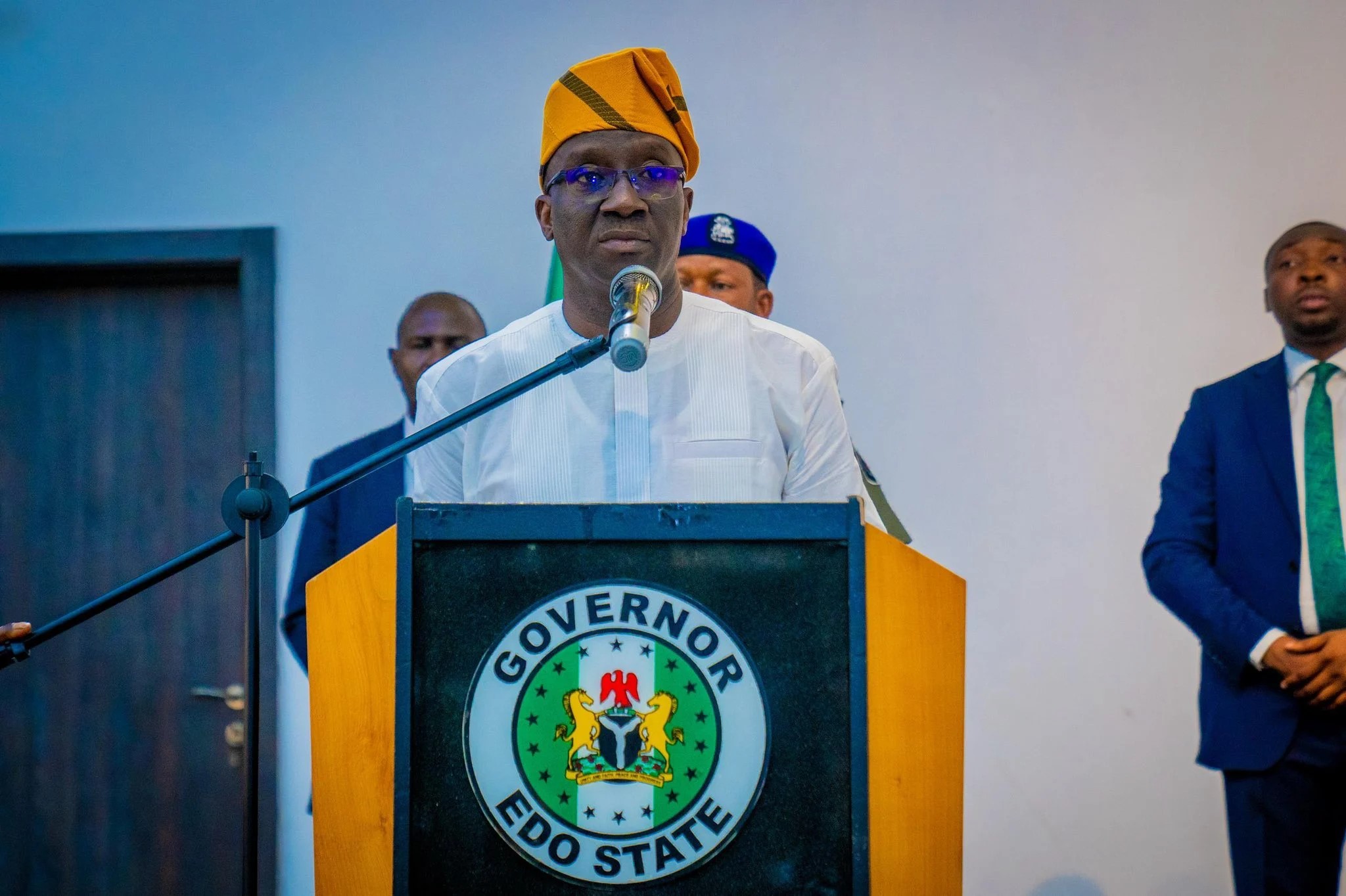
Human resource experts have called for the development of more resilient HR systems to support Nigeria’s rapidly expanding gig economy, emphasising the need for adaptability, employee engagement, and mental health inclusion in today’s evolving world of work.
This was the central theme of discussions on the second day of a two-day workshop jointly organised by the Federal Ministry of Labour and Employment (FMLE) and the Employers Association for Private Employment Agencies of Nigeria (EAPEAN) in Lagos.
Speaking on the topic “Building a Resilient HR System in the Gig Economy,” Mr. Obi Richard Ifeanyi, a human resource consultant, underscored the importance of developing HR structures that can withstand disruptions such as policy shifts, technological changes, and economic downturns.
“A resilient HR system must remain functional, adaptable, and supportive—ensuring employees are managed, engaged, and productive even in times of uncertainty,” he said.
Mr Ifeanyi explained that the gig economy—characterised by short-term, freelance, or platform-based jobs—has become a defining feature of modern labour markets, where workers are compensated per task rather than through traditional long-term employment.
During breakout sessions, participants identified key challenges in managing gig workers and proposed practical solutions. Prominent issues included inconsistent pay structures, weak onboarding systems, inadequate employee data management, and the absence of mental health support.
Mr. Ifeanyi further stressed the need for organisational readiness, clear remote work strategies, and corporate decorum among gig workers to maintain professionalism and align with business goals. He also highlighted the growing importance of diversity, equity and inclusion (DEI), compliance with data security regulations, and the adoption of digital HR tools such as chatbots, collaborative platforms, and mobile learning systems.
“Organisations must begin to see gig workers as part of their talent ecosystem, not outsiders. Building resilience means equipping HR teams with digital tools and flexible systems to manage people effectively,” he added.
The session concluded with discussions on employee engagement, career mapping, and workplace wellbeing. Participants highlighted innovations such as mobile telemedicine and online learning platforms as vital for modern HR practice.
The workshop, which drew labour experts, employers, and policymakers, forms part of ongoing efforts by FMLE and EAPEAN to shape the future of employment services in Nigeria through sustained collaboration.












